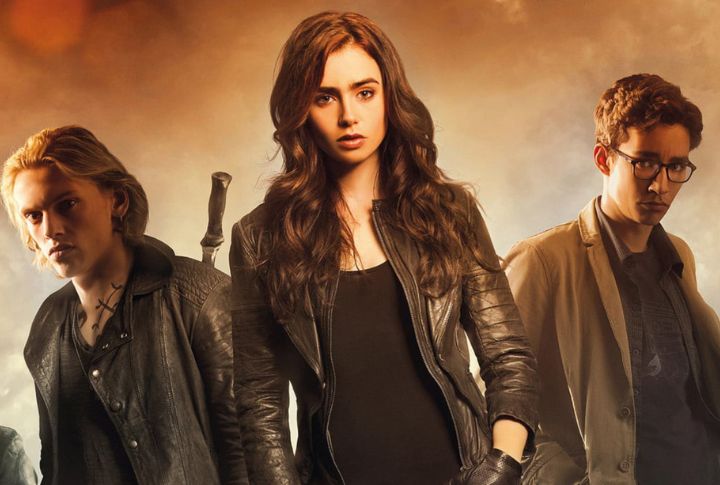
Book adaptations have the power to expand a story’s audience, but they also risk reshaping it entirely. In young adult (YA) fiction, that reshaping can sometimes overshadow what made the original so memorable. Some adaptations ended up proving this point more than others. Here’s a closer look at 20 films where the book-to-screen journey fell short.
Eragon (2006)
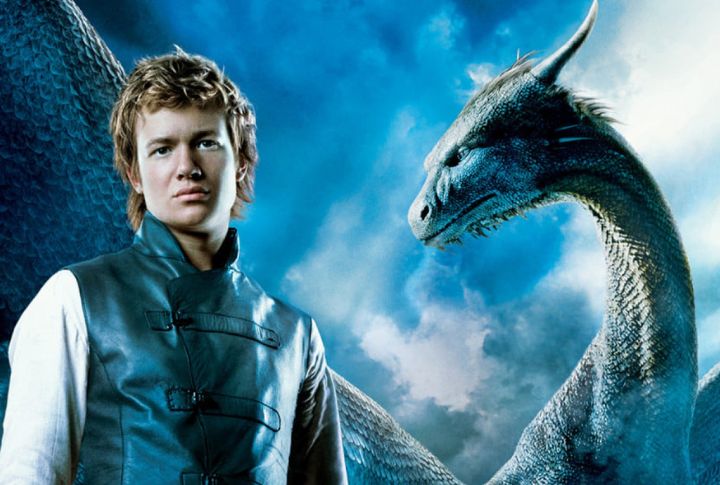
The anticipation was enormous for a film that promised dragons and epic battles. What arrived instead was a stripped-down version of the novel’s intricate framework. Major plot changes flattened key moments, and the lore felt like an afterthought. Even Christopher Paolini distanced himself from it.
Alex Rider: Stormbreaker (2006)
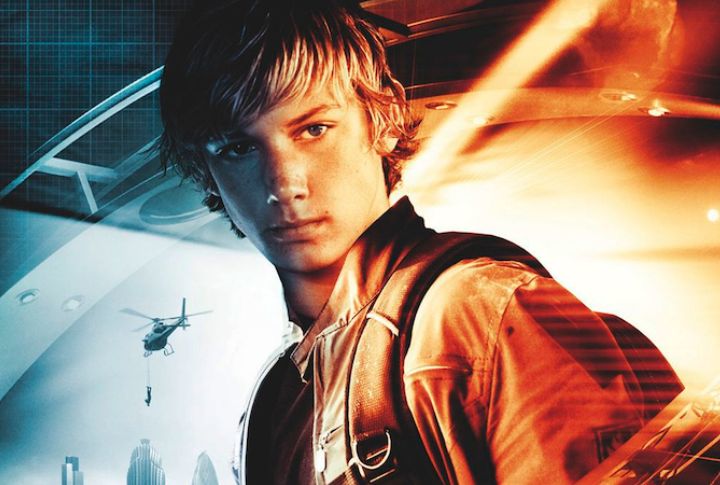
Anthony Horowitz’s gritty teen spy was given an almost cartoonish adventure. This film’s tone and dialogue didn’t match the tension of the book, despite its impressive cast. Negative reception shut down any plans for sequels, and the series’ cinematic journey ended before it truly began.
Nancy Drew (2007)
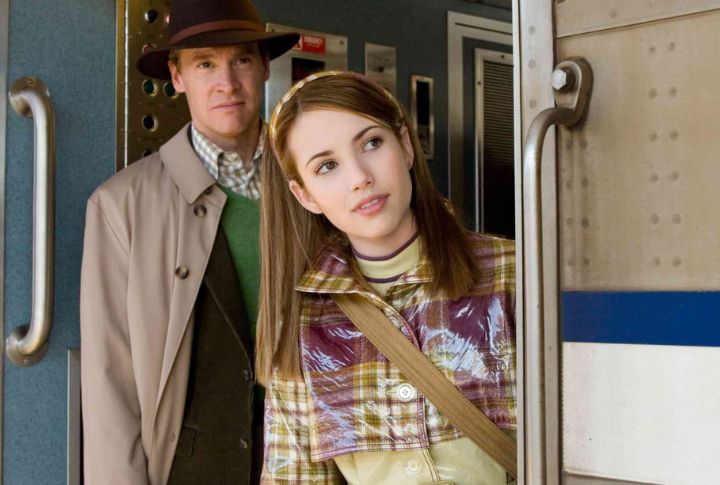
A timeless teen detective was reimagined as a bubbly, rom-com lead. The result clashed with the original tone of the mystery series. While modernizing Nancy could have worked, critics felt this version missed the opportunity to highlight her character, leaving fans lukewarm on the transformation.
His Dark Materials: The Golden Compass (2007)
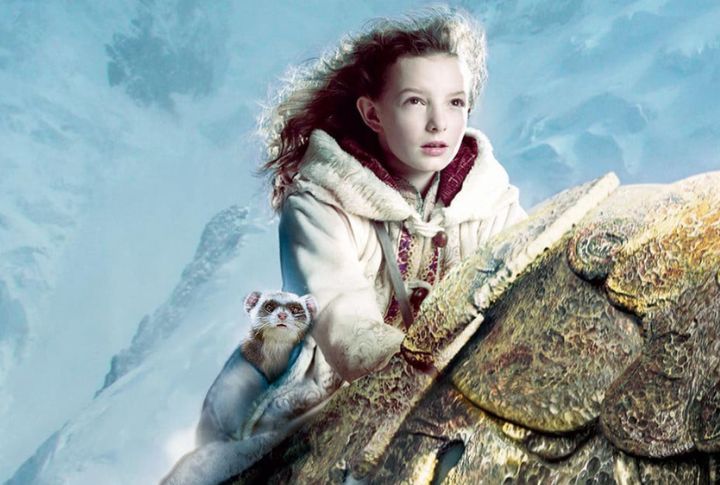
The book’s fearless exploration of belief and authority was softened when studios stripped away its religious themes. Heavy rewrites dulled the philosophical core, and while Nicole Kidman gave a poised performance, the tonal shift left audiences divided. Plans for future films quietly disappeared despite the strength of the source material.
Inkheart (2008)
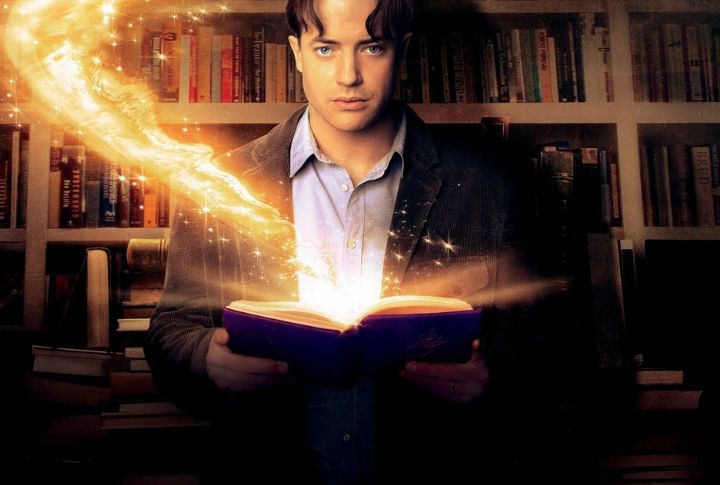
This story’s plot, where reading brings characters to life, seemed tailor-made for movie magic. Instead, the adaptation skimmed over the meta-literary wonder that defined the book. Brendan Fraser’s casting clashed with what some fans pictured, and uneven pacing left the film feeling incomplete.
Percy Jackson & The Olympians: The Lightning Thief (2010)
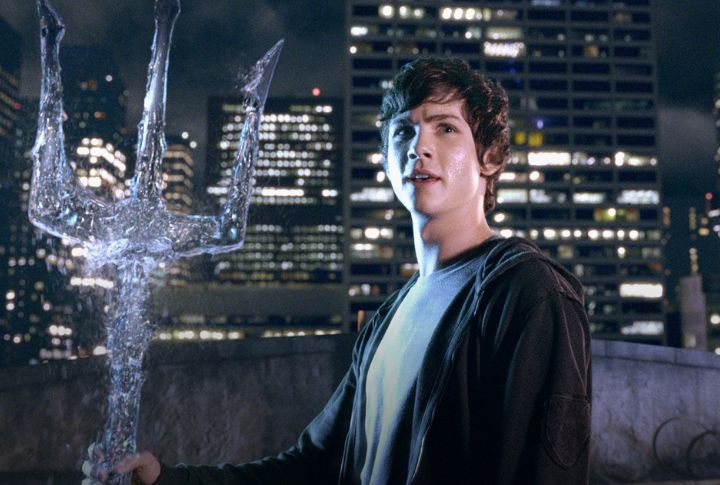
Camp Half-Blood should have been a playground of Greek mythology for a younger audience, but the essence was barely recognizable. Characters were aged up, key themes discarded, and long-time readers protested loudly. Rick Riordan publicly voiced disapproval.
I Am Number Four (2011)
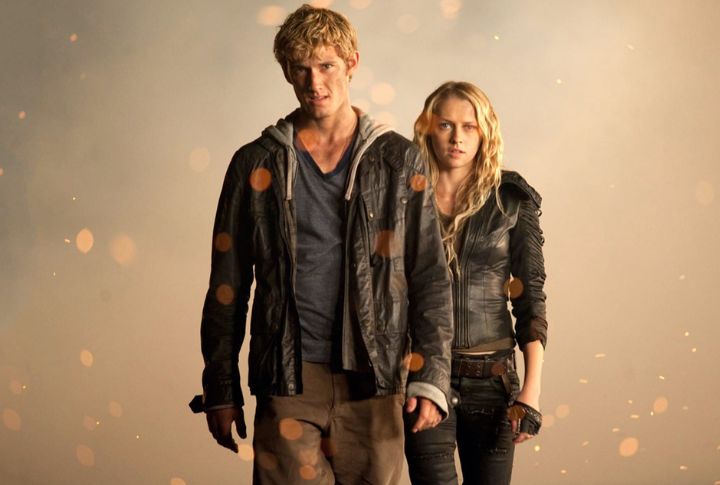
An alien fugitive story with plenty of promise ended up leaning heavily on familiar YA tropes. The romance subplot felt hollow, and the alien lore was explained in rushed fragments. Without originality to set it apart, the incomplete adaptation was left as the series’ first (and last) film.
Tiger Eyes (2012)
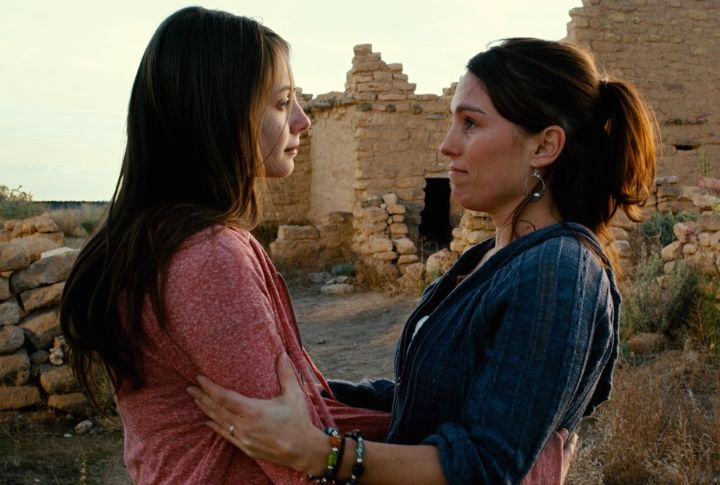
Judy Blume’s novel carried a tender emotional pulse that the adaptation struggled to match. Directed by Blume’s son, it stayed true in spirit but lacked the same depth. Limited distribution meant few ever saw it in theaters. No wonder it is remembered more for its effort than its impact.
Twilight: Breaking Dawn Part 2 (2012)
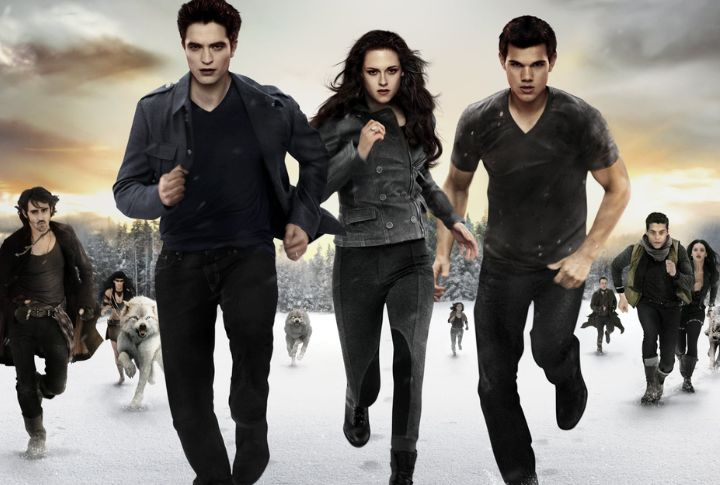
The final chapter of the vampire romance introduced a major twist: an all-out battle that turned out to be a vision. It polarized the audience, thrilling some and frustrating purists. While the surprise sparked endless memes, the ending leaned more toward fan service than faithful storytelling.
Ender’s Game (2013)
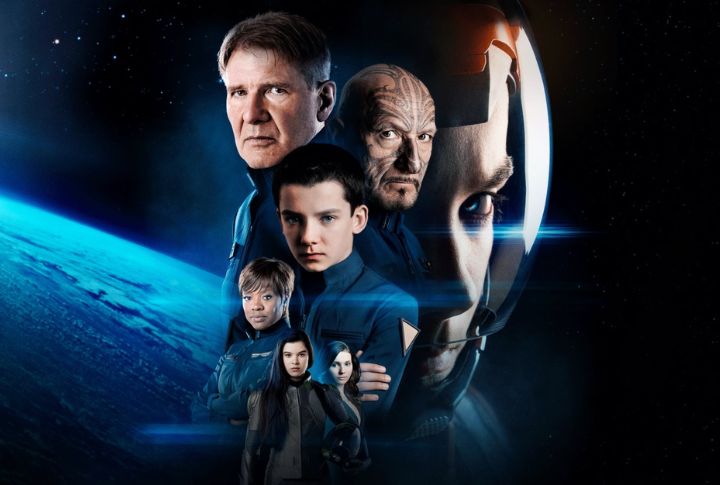
This novel’s moral complexity and weighty finale were compressed into brisk, effects-heavy battles. In the rush, key character development was lost, which left the emotional impact dulled. External controversies around the author also colored the release, and what could have been a gripping adaptation ended up feeling strangely hollow.
The Mortal Instruments: City Of Bones (2013)
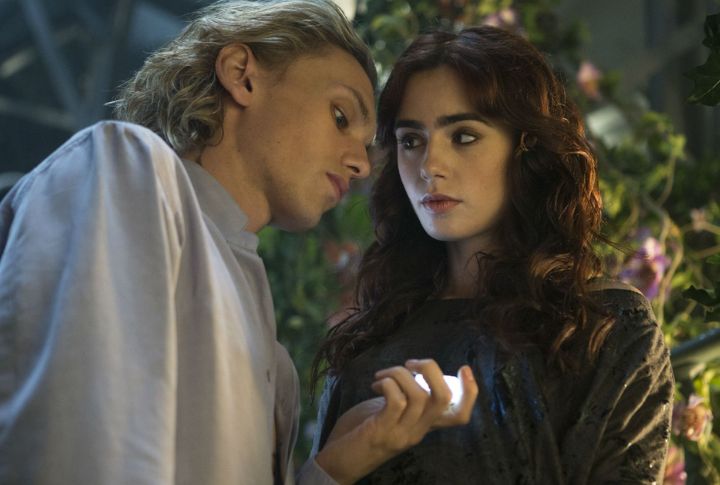
When a book’s relationships drive the plot, altering them can unsettle everything. That’s exactly what happened with Clary and Jace, whose confusing portrayal pulled focus from the wider story. Intended to kick off a multi-film franchise, its weak returns led instead to a TV reboot that struggled to find footing.
The Host (2013)
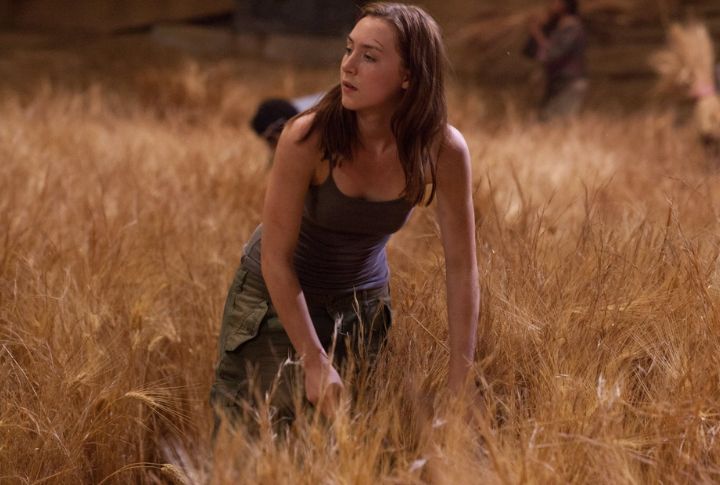
Stephenie Meyer’s foray into sci-fi romance arrived with high expectations but was weighed down by an overly melodramatic tone. Saoirse Ronan’s performance brought dignity to the role, yet clunky dialogue and a love triangle with little chemistry kept it from soaring. The book’s layered ideas were mostly lost on screen.
Beautiful Creatures (2013)
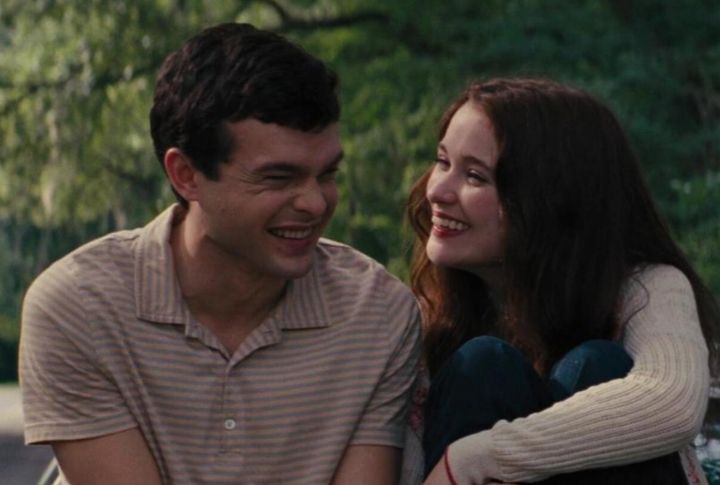
The Southern Gothic atmosphere was central to the book’s charm. On screen, much of that faded into a polished but hollow fantasy. A rushed plot left little room for emotional depth, and over-stylized characters lost their nuance, with poor audience reception bringing franchise plans to an abrupt stop.
Vampire Academy (2014)
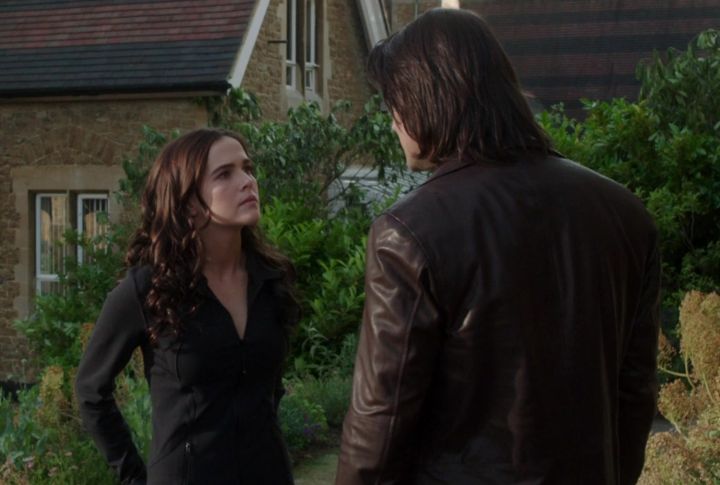
Mixing sharp satire with supernatural drama is a tricky balance, and here it tipped too far. The darker tone of the novels gave way to a quippy, uneven mood. Rose and Lissa’s bond didn’t translate well, and low box office returns marked the end of the cinematic run.
The Giver (2014)
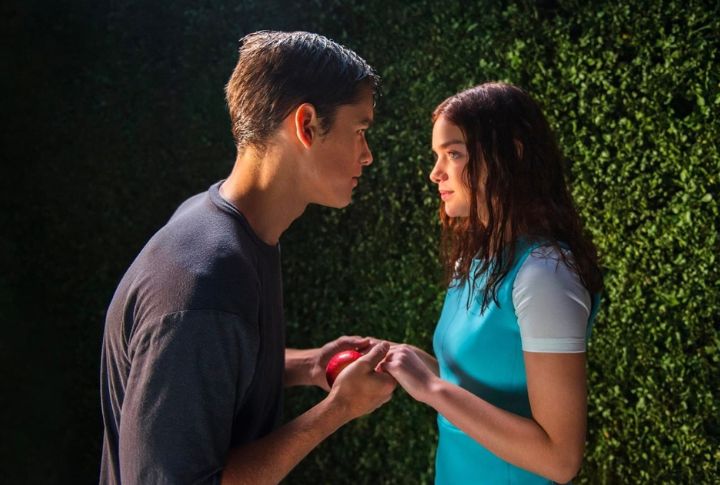
Lois Lowry’s quiet, thought-provoking tale was reshaped into a faster-moving movie. The leads were aged up, which shifted the coming-of-age lens into something else entirely. Added action scenes created artificial stakes, muting the story’s subtler themes. Even Jeff Bridges’ long-standing passion for the project couldn’t rescue its execution.
Divergent: Allegiant (2016)
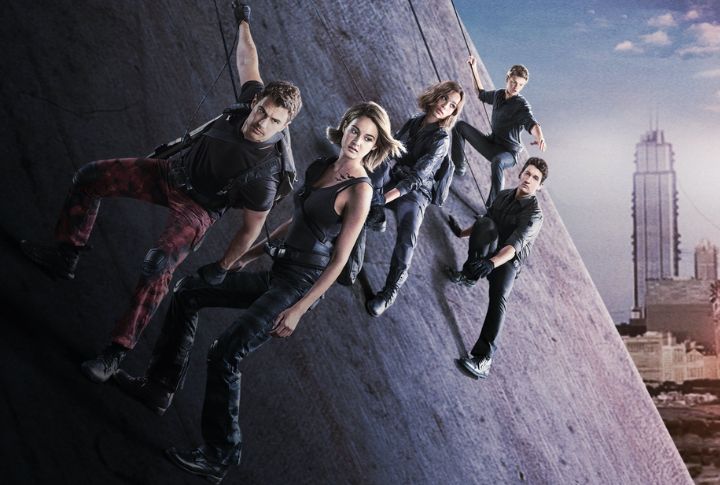
The penultimate chapter of a dystopian saga was split into two, yet the final half never saw release. Story shifts veered sharply from the source, especially at the climax. Shailene Woodley chose not to return for the canceled finale, and disastrous box office numbers sealed the series’ unfinished fate.
The 5th Wave (2016)
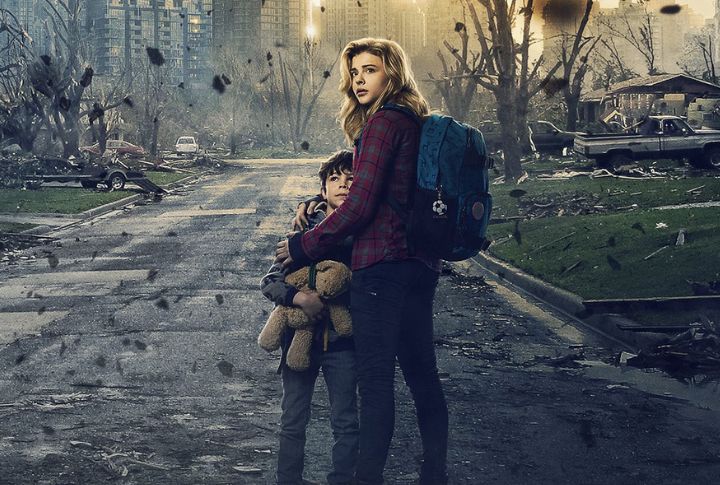
Marketed as a tense alien invasion thriller, the film’s muddled logic and plot holes eroded any suspense. Despite Chloe Grace Moretz’s presence, the script never found its rhythm. Fans compared it to a hollow imitation of other YA hits, and any talk of sequels faded after its weak debut.
Maximum Ride (2016)
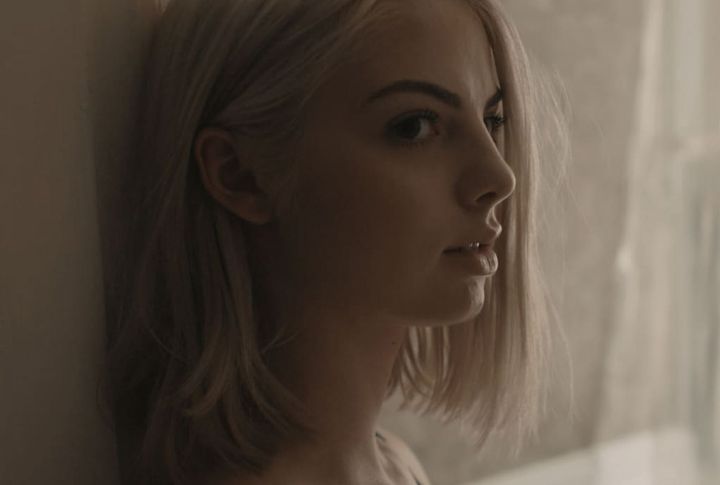
After years in development limbo, this adaptation landed directly on streaming. The story of genetically engineered teens with wings deserved scale and tension, yet poor CGI and weak performances drained its impact. Fans called out the complete lack of suspense, making the film’s reception as flat as its visuals.
The Darkest Minds (2018)
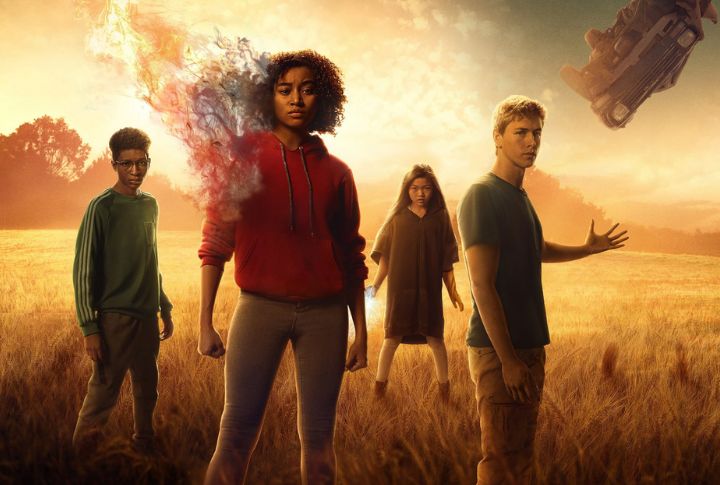
Promoted as the next big YA dystopia, it promised high stakes but delivered a muddled narrative. Missing the political nuance and tone of the book, it felt derivative to many viewers. Critics found the plot confusing, and audiences saw little to set it apart from earlier genre hits.
Artemis Fowl (2020)
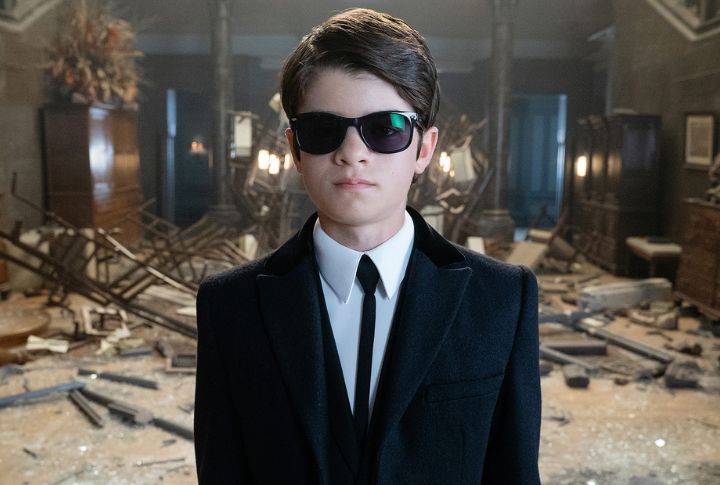
Eoin Colfer’s clever anti-hero became a sanitized shadow of himself. Disney stripped away the sharp edges that made the books distinctive and turned the layered world into a generic sci-fi chase. The result was panned by both critics and fans, earning a meager 8% on Rotten Tomatoes for its incoherence.

